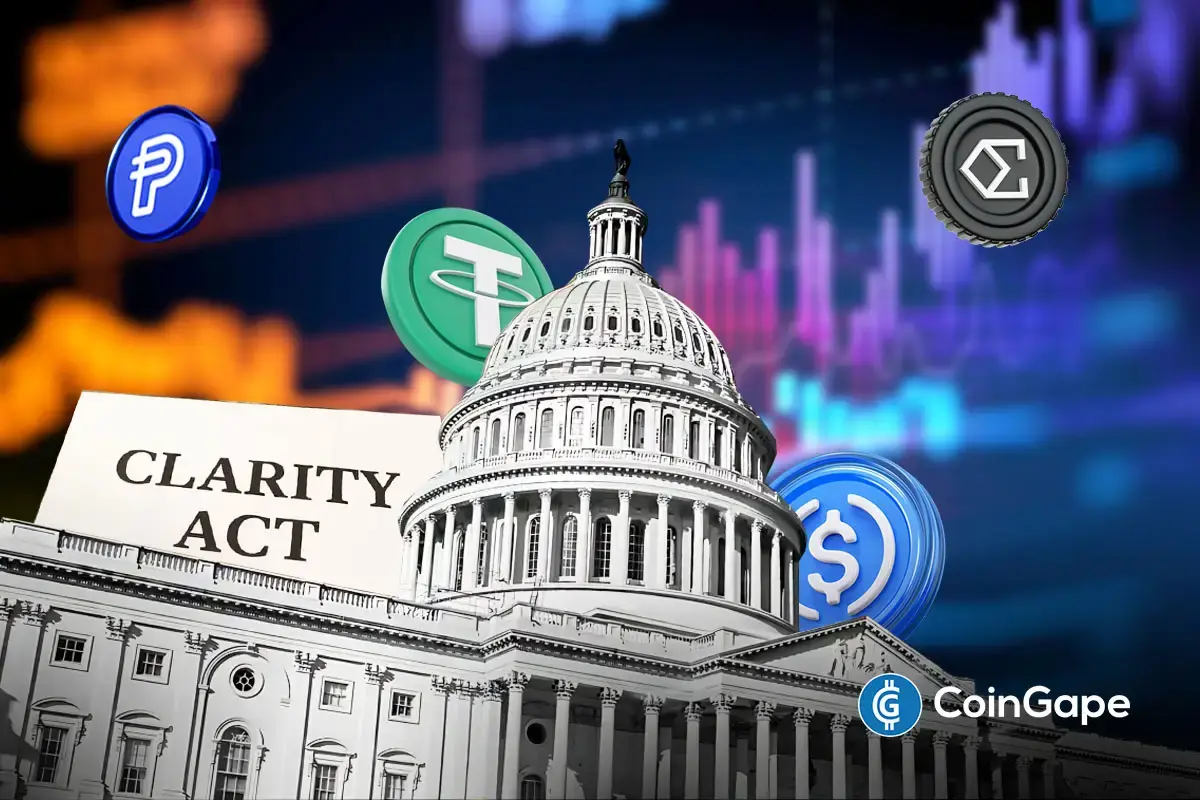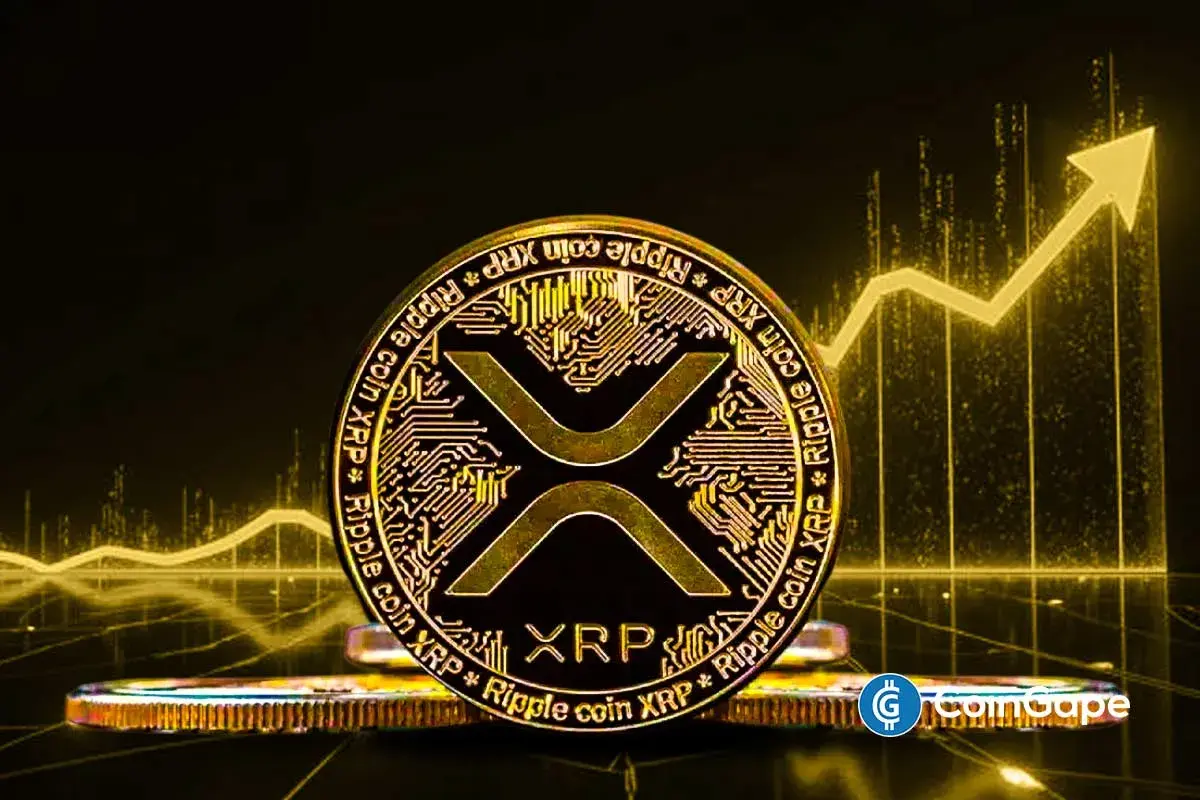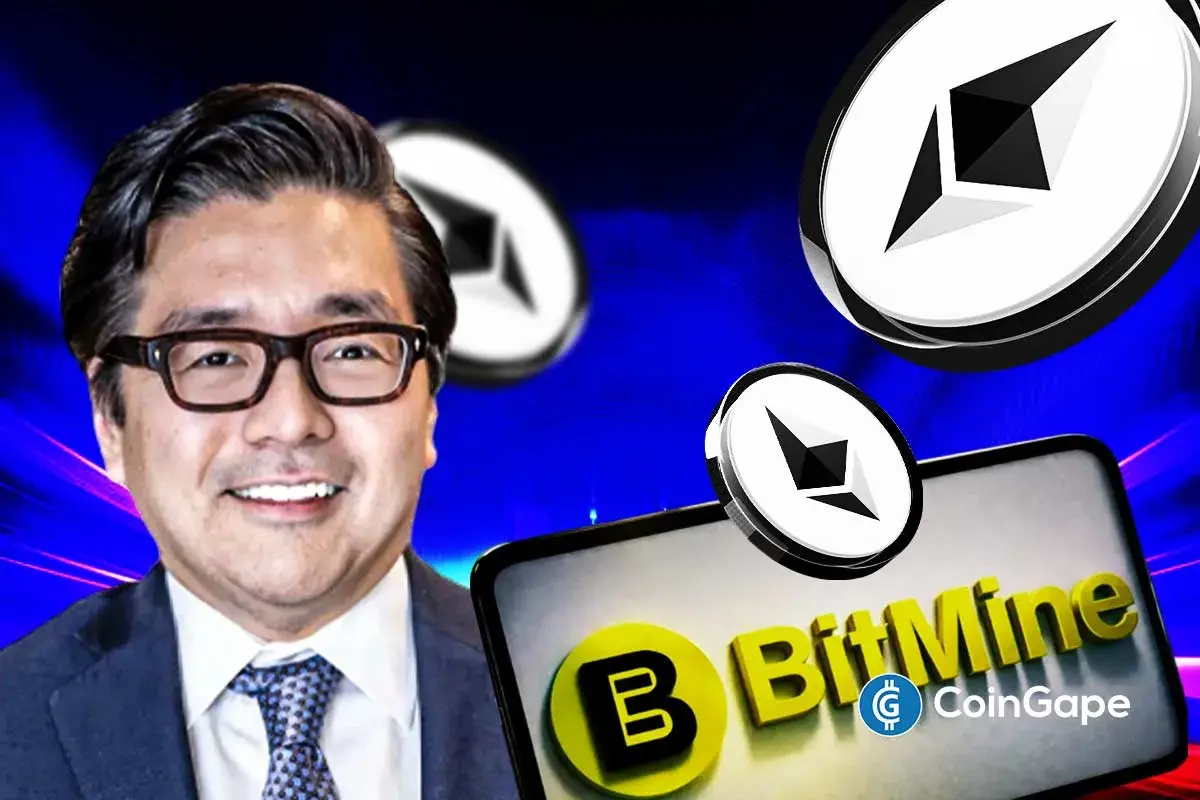XRP Vs. SEC: Ripple Faces New Class Action for Unregistered XRP Offerings

Highlights
- Ripple Labs Inc. is facing a class action lawsuit for allegedly violating securities laws with XRP sales.
- The lawsuit claims Ripple sold XRP without necessary registration, breaking federal and California laws.
- Class action members have until April 5 to opt out and pursue independent legal actions.
Ripple Labs Inc., its CEO, Bradley Garlinghouse, and subsidiary XRP II, LLC, find themselves at the center of a class action lawsuit. Filed in the Northern District of California, the lawsuit accuses the San Francisco-based fintech company of violating federal and California securities laws by offering and selling the digital asset XRP without the necessary registration. This case underscores the ongoing scrutiny and regulatory challenges facing the cryptocurrency industry, particularly regarding the classification and sale of digital assets.
The plaintiffs allege that Ripple engaged in the unauthorized sale of XRP, circumventing the registration requirements mandated by both federal and state securities laws. This legal challenge aims to represent two distinct groups: the Federal Securities Claims Class and the California State Securities Claims Class. These classes include individuals and entities who purchased XRP between July 3, 2017, and June 30, 2023, either retained the asset or sold it at a loss. Ripple and the co-defendants have countered these allegations, asserting that XRP does not constitute a security and, therefore, does not require registration.
Legal Implications and XRP’s Defense
The lawsuit leaves Ripple in a tight spot as it tackles the intricate regulatory environment of digital currencies. The main defense approach of Ripple is based on the claim that XRP, a digital currency used for global transactions, should not be considered a security. The importance of this criterion is significant, for the classification of XRP as security would demand a lot of strict regulatory requirements and scrutiny. The result of this legal fight could be used as a benchmark for treating digital assets in the US, thereby – affecting the regulation of other cryptocurrencies.
Investors and parties affected by the lawsuit have to make vital choices concerning their legal rights and options. The last date for class action members who want to exclude themselves from the lawsuit is April 5. Opt-out would allow these persons and institutions to bring individual proceedings against Ripple independently to get compensation. This decision point highlights the wider implications of the lawsuit to Ripple, not only but also to the investors and the digital currency market.
Broader Context and the Ripple vs. SEC Legal Feud
The class action lawsuit against Ripple unfolds in the backdrop of its continued legal battle with the U.S. Securities and Exchange Commission (SEC). The suit by the SEC against Ripple filed in December 2020 also claims that the company carried out an unregistered securities offering of $1.3 billion by selling XRP. The legal issues Ripple has been dealing with represent the regulatory ambiguities the whole cryptocurrency industry is trying to battle and show the requirement for explicit policies and frameworks governing digital assets.
The motion that Kraken, a leading digital asset exchange, had recently submitted for dismissing the SEC lawsuit is now adding another layer to the narrative on digital asset regulation. Kraken’s motion alludes to Judge Torres’ ruling concerning programmatic sales and represents the sophisticated legal tactics used by participants in the cryptocurrency community to deal with regulatory scrutiny. The situation described in this way by the lawyer named Bill Morgan gives us an idea of the Ripple vs. Kraken situation so that Kraken’s action may decrease the chance of settlement. SEC case, focusing on the possibility of an appeal by the SEC.
Read Also: Cardano Expands Ecosystem with Midnight: What Will it Offer?
Play 10,000+ Casino Games at BC Game with Ease
- Instant Deposits And Withdrawals
- Crypto Casino And Sports Betting
- Exclusive Bonuses And Rewards

- Senate Eyes CLARITY Act Markup This Month as Banks, Crypto Continue Stablecoin Yield Talks
- Why XRP Price Rising Today? (2 March)
- Breaking: Bitcoin Price Rises to $70k as Gold Crashes Amid U.S.-Iran Conflict
- Bitcoin News: Anthony Pompliano’s ProCap Buys 450 BTC, Gold Bug Peter Schiff Reacts
- Fed Rate Cuts More Likely If U.S.-Iran Conflict Extends, Arthur Hayes Predicts
- Top 5 Historical Reasons Dogecoin Price Is Not Rising
- Pi Coin Price Prediction for March 2026 Amid Network Upgrade, KYC Boost, Rewards Distribution
- Gold Price Nears ATH; Silver Eyes $100 Breakout on Us- Iran War
- Bitcoin And XRP Price As US Kills Iran Supreme Leader- Is A Crypto Crash Ahead?
- Gold Price Prediction 2026: Analysts Expect Gold to Reach $6,300 This Year
- Circle (CRCL) Stock Price Prediction as Today is the CLARITY Act Deadline

 Buy $GGs
Buy $GGs

















